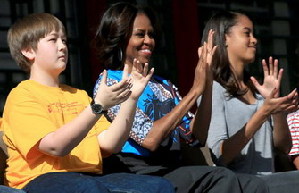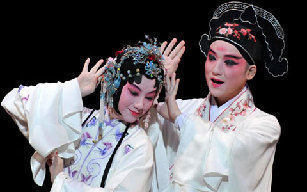Traditional Chinese operas face battle for audience
Updated: 2014-07-14 09:20
(Xinhua)
|
||||||||
With the free tickets handed out during the festival and intensified publicity, the recent popularity of these operas is "atypical" and only "a flash in the pan," he added.
Peng knows this too well. He organized a staging of "The Peony Pavilion" at Wuhan University in 2008. Though an instant sensation, the phenomenal success of the famous Kun Opera piece on campus has never been repeated by other traditional operas.
"Students were curious and the tickets were free thanks to a government project known as Elegant Art Goes to Campus, which explained the full attendance rate," said Peng. "When their curiosity wore off, even free tickets could not work any magic. Distractions are way too many these days."
"Traditional operas saw their heyday in the 1980s when people were hungry for traditional things after the decade-long Cultural Revolution," Yang said.
Named one of the "Five Golden Flowers" of the Huangmei Opera, Yang came to stardom in the 1980s after her study in central China's Anhui Province, where the opera genre was popular. She is now head of the Hubei Traditional Opera Art Troupe, whose repertoire includes Huangmei Opera, Chu Opera and Han Opera.
Some of the festival performances were judged and awarded prizes, which Yang saw as a good opportunity for her proteges to make a mark.
"Let this also be a festival for the young artists, who have toiled in this unlucrative business for years but remained obscure," Yang said. "Winning an award can be life-changing and encourage them to stay in the business."
According to Yang, fewer than half of the young graduates from opera academies in China stick to the profession after ten years. Salary is low because of poor ticket sales. Government subsidies for the artists' performances are meager and have to be spread out to cover all troupe employees, including those who have retired.
SURVIVE OR THRIVE?
Though prizes and awards may be life-defining for young artists, Peng said too much attention spent on coveting awards harms the arts industry.
"Award-oriented opera productions are simply too vain," Peng said. "The whole industry should focus on increasing audience size by making these traditional operas more appealing to the general public instead of pleasing the judges."
Some opera artists have managed to attract a young crowd, while many others face the threat of reduced following as old aficionados grow older and young enthusiasts are a rarity.
By giving lectures on Yue Opera to university students and making the stories more relevant to the young generation, Mao Weitao, a Yue Opera artist and head of the Zhejiang Xiaobaihua Yue Opera Troupe, is a superstar in the eyes of the young.
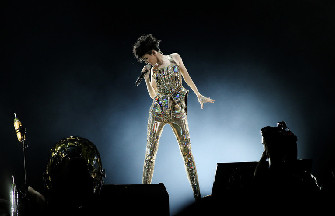
 Star Stefanie Sun holds concert in Beijing
Star Stefanie Sun holds concert in Beijing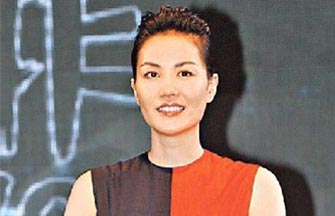
 Faye Wong's manager refutes star's drug rumors
Faye Wong's manager refutes star's drug rumors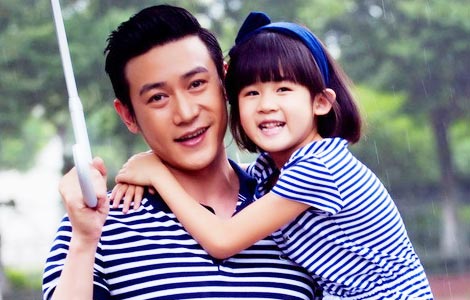
 Lu Yi and daughter Bei Er pose for street snaps
Lu Yi and daughter Bei Er pose for street snaps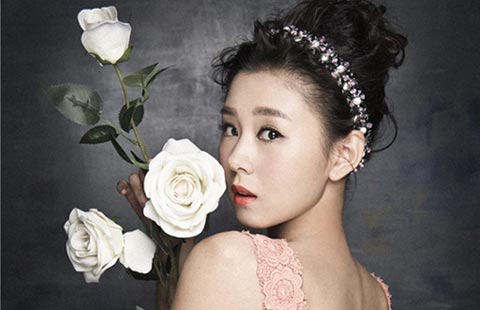
 Photoshoots of actress Li Xiaomeng
Photoshoots of actress Li Xiaomeng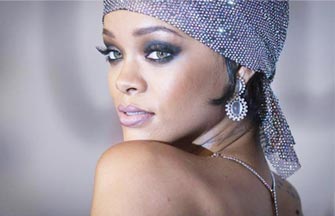
 Council of Fashion Designers of America Awards
Council of Fashion Designers of America Awards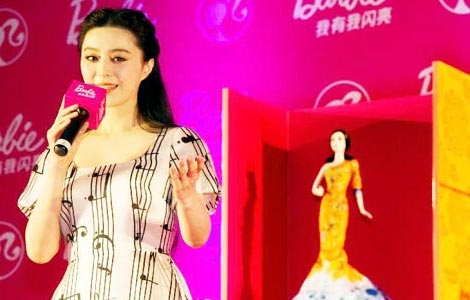
 Fan Bingbing, first Chinese actress in Barbie Hall of Fame
Fan Bingbing, first Chinese actress in Barbie Hall of Fame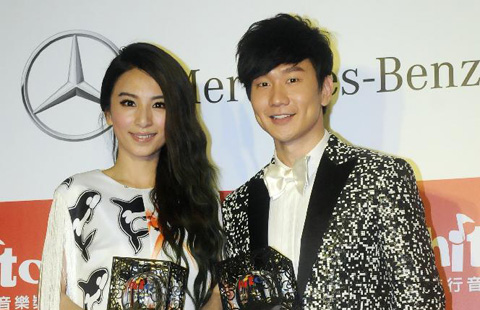
 Awarding ceremony of 2014 hito Pop Music held in Taipei
Awarding ceremony of 2014 hito Pop Music held in Taipei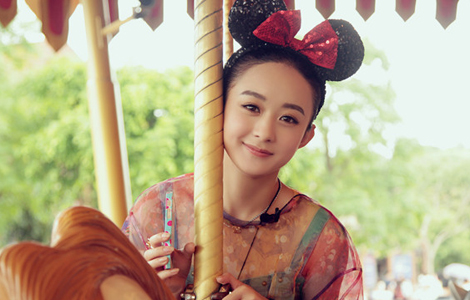
 Zhao Liying's photo shoot for Children's Day
Zhao Liying's photo shoot for Children's Day
Most Viewed
Editor's Picks

|

|

|

|

|

|
Today's Top News
Ex-security chief Zhou Yongkang under probe
Prudence urged over solar dispute
US visa delays likely to continue
McDonald's fishing for supplier
OSI group to fund food safety
China's FDI in US set for increase
Glitch delays visas for US-bound students
A musical spoof of the Clinton years
US Weekly

|

|
